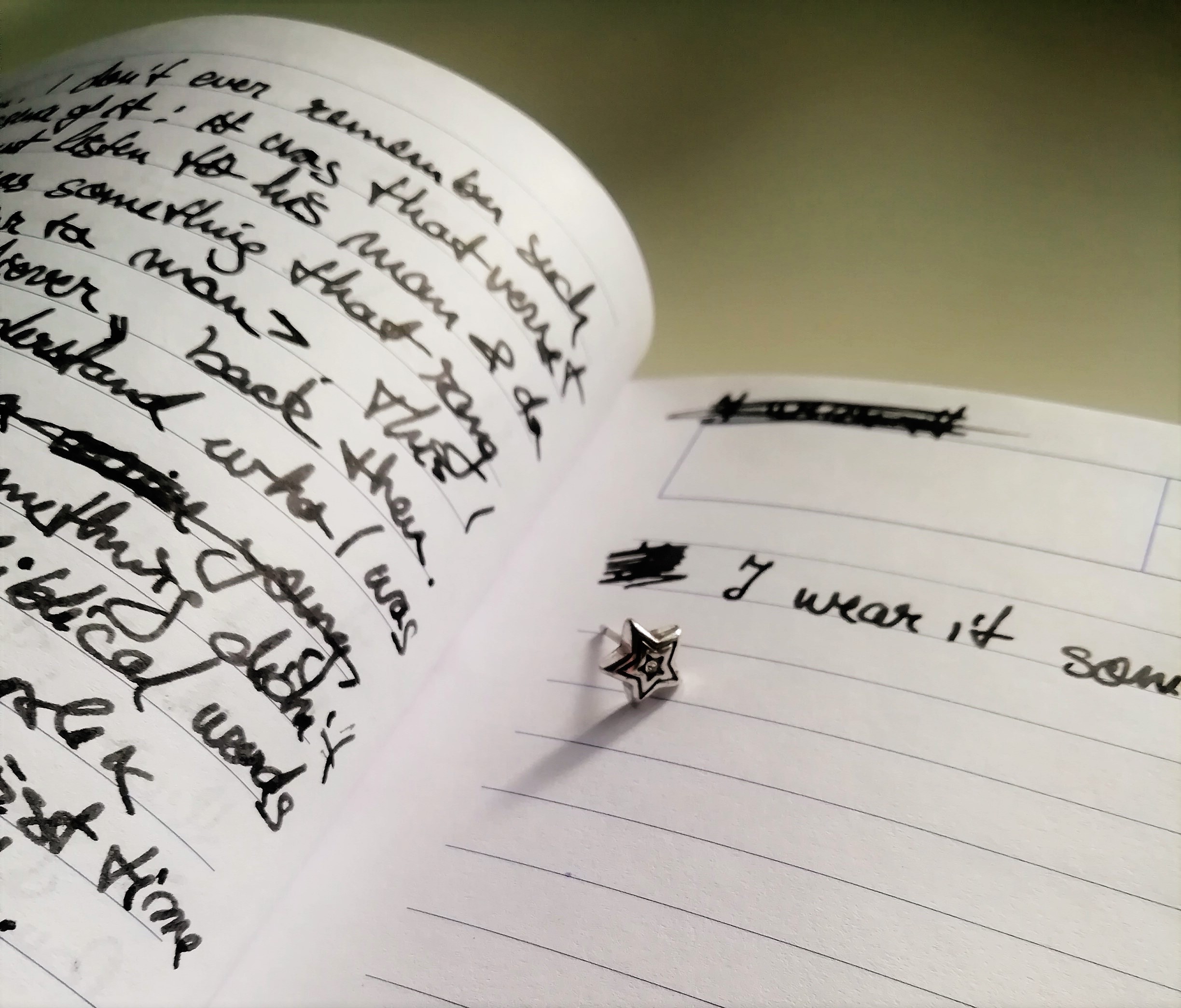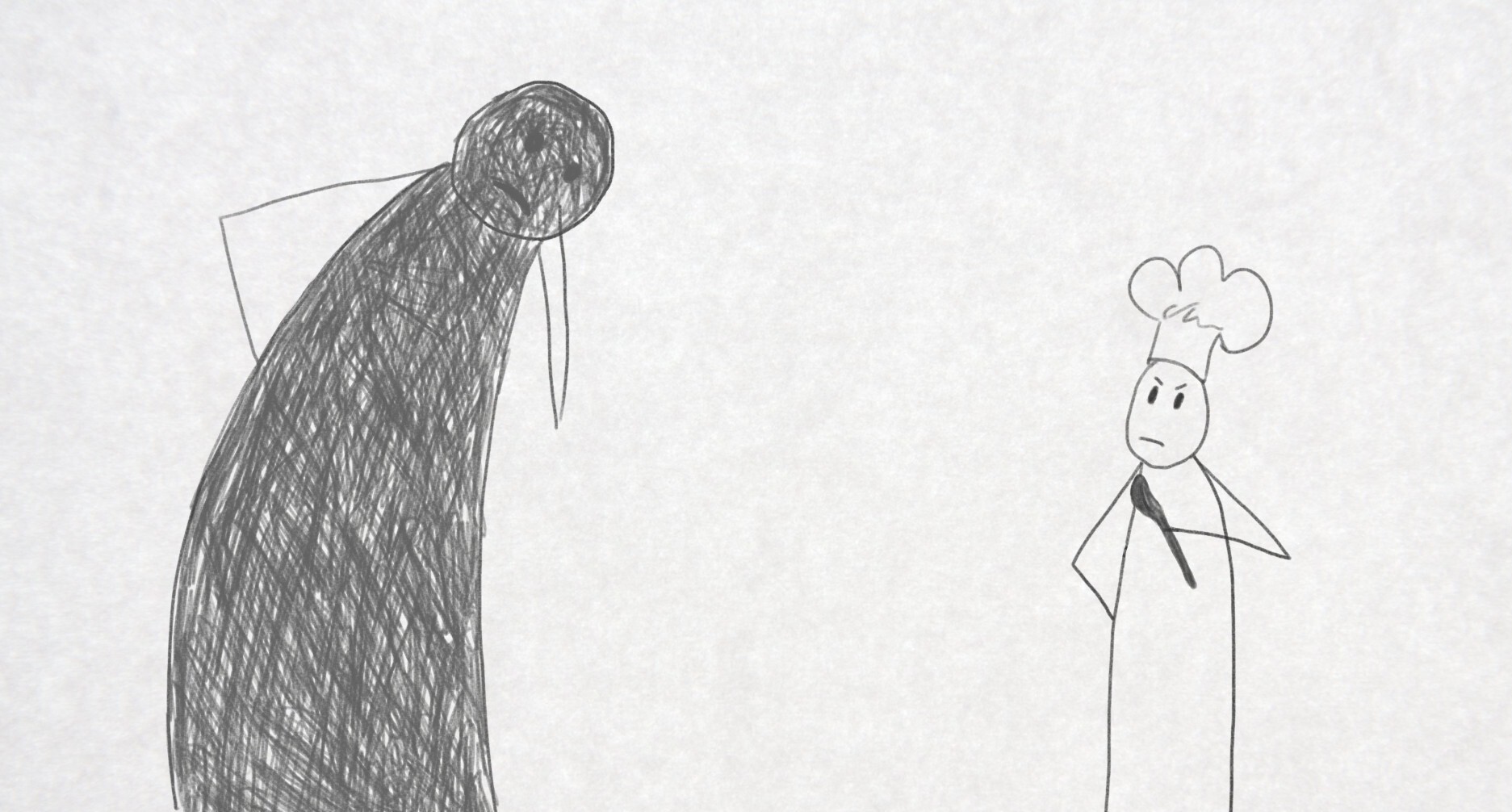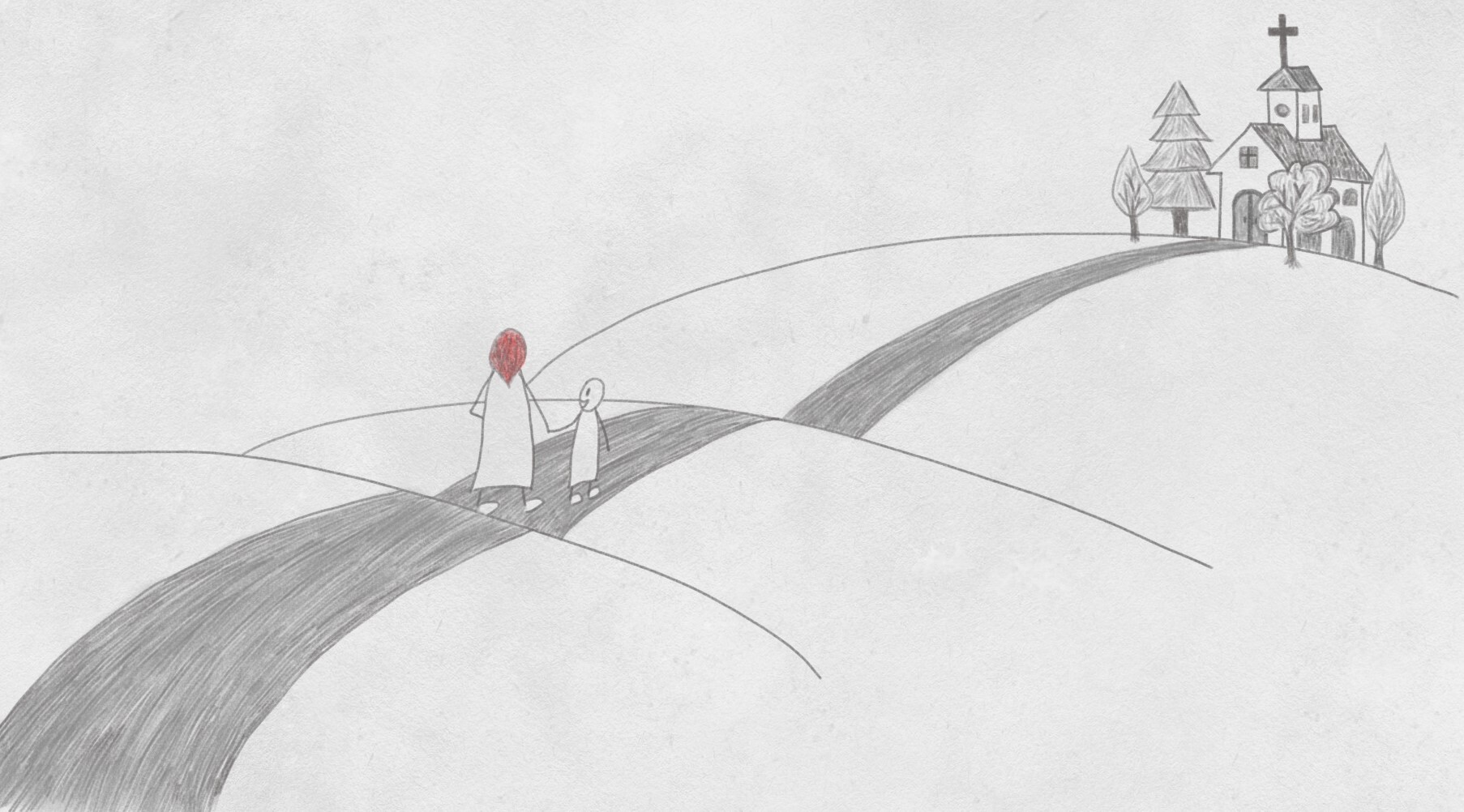This is a travel story made of little pieces. The image I’m putting together shows the why behind the interest in democratic education which led me to a one month learning journey to Brazil.
I’m writing from a bed in Cotia, São Paulo, with feet so cold that I wish I had carried fluffy woolen socks to Brazil. I came all the way across the Atlantic to meet people who challenge the coercive schooling models that are the norm around the world. But why? Why do I look at democratic schools, and where did it all begin? These questions spin around in my mind ever since I got the plane tickets some months ago. I still don’t have an articulate, two-sentence answer, but from time to time an experience from this travel triggered the memory of a moment that contributed to the why.
The many beginnings
In the US, midway my Bachelor studies, the many hours of my summer job as a housekeeper left space for my mind to roam free. Back then, at 21, I was exposed for the first time to a different society built on values that I couldn’t relate to at all. That’s when I felt the first pull towards the education system in Romania, with a vague intention to contribute.
Fast forward to Denmark, years later, when I was visiting my then-boyfriend at a teacher training college. We were jumping on a trampoline and I remember feeling careless and joyful. That’s until he said out of the blue, I’ll never send my children to school. And my brain froze, I had never heard of such a thing, so I said, are you out of your mind, but poor children, how are they gonna make friends, how are they gonna learn, how are they gonna ANYTHING?! But something was set in motion in my mind after that day.
Then Zambia: I worked there a few months in a pedagogical college helping with their Integrated Science module and I also got to teach parts of that module. But I was teaching the same way I was taught – teacher in front of the class, some students engaged, and some utterly bored. Something didn’t feel quite right, and it wasn’t the college, or the students, or the wasps flying around the classrooms. I just lacked the words to articulate what was wrong.
It’s been long, very long since I was up some tree at my grandmother’s, in the countryside, and I was imagining the future. The future, that was all about which job I’m gonna have when I grow up, obviously. In such a moment I decided that the bestest job in the world must be that of kindergarten teacher, like my aunt. Because are you crazy? How can you work a whole year with only two weeks of holiday in the summer, like mum and dad?! I loved so much the freedom that came with summers at my grandmother’s, that it terrified me to think this would end when I grow up. I didn’t see back then that, despite my love of books, school felt like a tedious job I dreamed of escaping in summer.
I volunteered in a kindergarten, once. I was backpacking with a friend in Asia, and we were both interested in the education systems of the countries we visited. We stayed a few days in a private kindergarten in Johor Baru, Malaysia. We prepared educational games, but when we arrived we found that the children there had a whole curriculum to follow: maths, and reading and writing in English, Malay, and Chinese. These were four, five and six years old children. The founder explained: if children don’t know how to read and write and do some basic maths by the time they start school, they get left behind by the rhythm of the public schools (Johor Baru is exactly at the border with Singapore… just sayin’). The founder was trying to help children from her neighborhood get a good start, children whose parents couldn’t afford private schools or prep schools. We helped with the English and maths lessons. Long story short: we were two twenty-somethings not managing to keep three five year olds at their work tables for longer than three minutes. I left Malaysia with a reinforced belief that working with children is scary and difficult and I’m no good at it. But on some level in my mind it did register how unnatural all of it was.
Then, there’s my experience teaching on-line. Soon after graduating from university, I started to work for an e-learning platform where I created chemistry content, Khan Academy style. Through this work I got to understand how much more beautiful and intriguing the world is with just a bit of scientific knowledge. So I got a lot out of creating these materials. But it’s painful – and I say painful because it’s exactly like my experience in school – to see that most of the students who interact with the content do so out of desperation to pass tests and exams. There seems to be no joy in their learning and exploration of the subject. To me, this provides a new perspective into the damage that compulsory schooling does. And an important insight into my own schooling.
The longest beginning and the moment of clarity
I have a vivid memory of a spring day in fifth grade, some months after being accepted into a prestigious college in my hometown. I was walking home after classes in the mellow afternoon light, my head filled with all the important stuff I had to do for school. I looked at the trees, fresh green, the sidewalk, white-gray cement with cracks in it, the houses, the people, the cars, they were all cartoonish, with strong outlines. My body walking felt unreal, my life, my thoughts, they were abstract and distant. This is the most clear memory I have of the detachment that slowly took over my school years, detachment from myself and my surroundings. It took the death of my grandmother – my dearest childhood friend, in the fourth year of university to shake me up enough to face how far I had gone from myself.
In all those years before my grandmother’s death I struggled to make my life more familiar to me. (I still do, by the way). I attached meaning to grades, to exams and projects, to relationships, to titles and stuffy CVs. Meaning was always on the outside, dependent on abstract concepts that were, in fact, alien to me. I had adopted those abstractions because they came from all the adults in my life, and they were grown up and knew better, they always knew better, they had something called LIFE EXPERIENCE. And I chose, because, after all, it was a choice, to believe that they did know better. All this I realized in one painful moment of clarity during Christmas, two years ago.
It was my first Christmas home after some years of living abroad. My aunt and uncle, the pair that was always there during my childhood summers, also came along. I had just joined the Alternative University and I was sharing with them these new concepts that I was discovering, social-emotional learning and self-directed learning and democratic education. I was telling them about Summerhill, a famous democratic school in the UK, trying to ignore that everybody became uncomfortable with the topic (I was the only young adult in the room). Children cannot possibly know what they need, what they want! came the abrupt end-of-conversation from my uncle. Anger came unexpectedly. It bubbled up from dark, hidden crevices of my childhood, from self-expression that I had repressed, from the sudden understanding that this is the attitude I had willingly adopted while growing up – that I don’t know what I need, what I like, what’s best for me, that I need to be guided along by forces outside myself. Of course I kept my mouth shut. That anger had nothing to do with the present – I can still recall it, there is something visceral and ancient about it. It may be the helplessness of the child who feels the incongruences surrounding her, but cannot express and act.
However, by acknowledging the feeling, I understood that helplessness doesn’t hold true anymore; and so I transformed anger in curiosity. How does one deal with freedom and autonomy, how are these conquered by children in various learning environments, what is learning for me, and what is learning for different people, how does one create environments where both joy and learning coexist? For the past two years I’ve let this curiosity guide me in many learning contexts, the group we call Schools Around the World from the Alternative University, being just such a context.
Where I am now
In 2017 I accepted the Schools Around the World challenge: find too many awesome educational projects, make a list of seven, choose one, go and visit it, and bring back transformative practices in education to share and implement in Romania. I wrote here about my adventure doing this research, and the resulting list of seven awesome schools.
In 2018, I went for a short visit to Escola da Ponte, a democratic school from Portugal, the star of my list of seven. Even before setting the foot inside the school I knew the trip to Portugal was going to be just the beginning. At the gates of the school I met two Brazilian educators who told me about the many projects in Brazil inspired by Escola da Ponte. So now, more than one year later, I’m at the end of a learning journey in Brazil that I did together with my sister who joined me from Germany (and also made the journey financially possible; it might have taken me so, so much more time to save up!).
I will be leaving Brazil one tiny step closer to articulating what I want my role to be in the educational landscape. This what is another image that’s kinda tough to paint, but that’s for another time. In Brazil we’ve visited schools and institutions that focus on student autonomy, healthy relationships, self-directed learning, community, belonging. And because most of the schools we’ve seen here are based on Project Pedagogy, I will say that the product of this personal project will be a series of short stories about the knowledge I’m taking home to Romania from each of these places.


